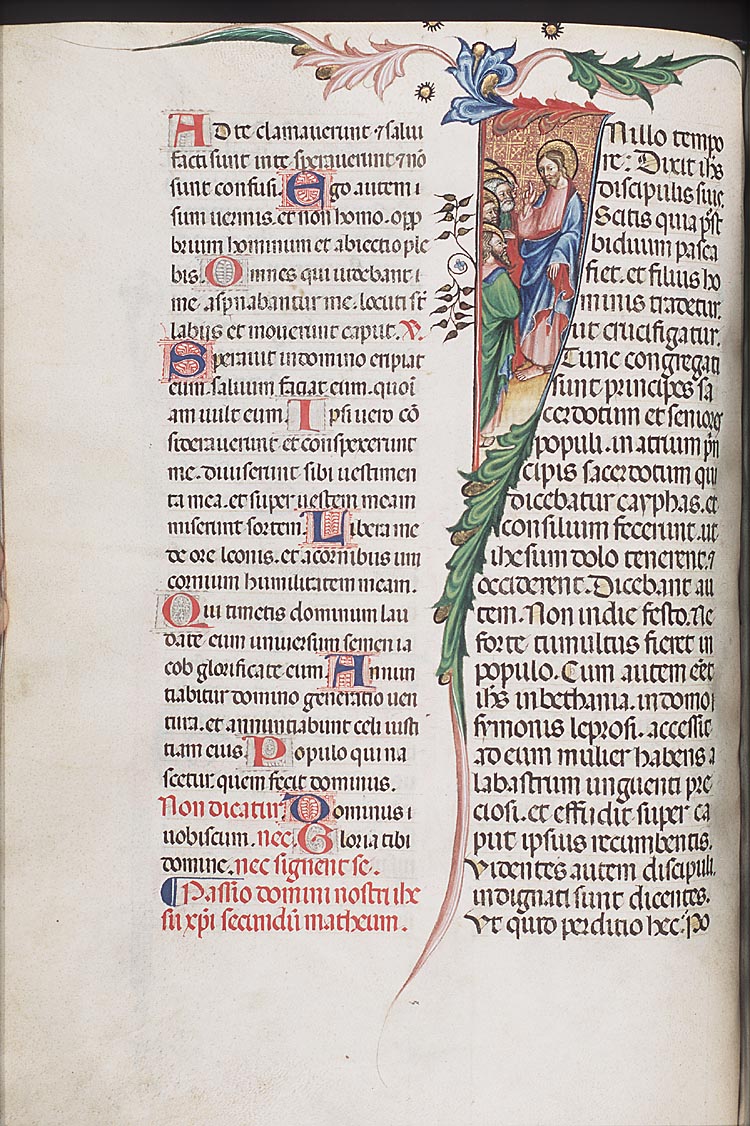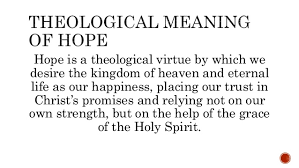
Central Idea: Even though as followers of Christ we are each undergoing a difficult but good transformation, we can feel a lot of joy in this life anticipating the joy of heaven. Doctrine: The Theological Virtue of Hope. Practical Application: Ways to activate hope.
For Lectionary 6, click here.
Central Idea: Even though as followers of Christ we are each undergoing a difficult but good transformation, we can feel a lot of joy in this life anticipating the joy of heaven
First Reading
- The Chosen People know they belong in the Promised Land but they have been scattered by tyrants to every corner of the world. The prophet Baruch sees God leading them home and nature cooperates by creating a path for them. The people on their way home are filled with joy and their capital city Jerusalem rejoices at their approach.
Responsorial Psalm
- In this Psalm, we can see our own struggle as followers of Christ. With the virtue of hope, the theological virtue by which we have confidence that God will keep his promises to us and we will keep our promises to him, we followers of Christ are like the Jews on their joyful journey home. Our goal is the New Jerusalem, heaven, and God is leading us there, removing any real obstacles through the graces he gives us.
- The responsorial psalm should give us joy realizing who we are (children of God), where we are (on God’s good earth), where we are going (to heaven), and who is helping us along the way (Christ and his Church).
Second Reading
- St. Paul experiences joy knowing the process of sanctification the followers of Christ at Philippi are undergoing. He has hope for them, confident that the one who began this work in them (Christ) will also complete it.
- The “day of Christ” is when each person definitively encounters Our Lord at death in the Particular Judgment, or at the Final Judgment, which ever one comes first.
- We are in a middle period of the history of salvation. It is now the age of the Church in which we, if we want, grow progressively holier with the help of God’s grace working in us. He-Who-Is-Love is helping us grow in living lives of love. That is how we become “pure and blameless” so we are ready “for the day of Christ.”
Gospel:
- In Luke’s Gospel, St. John the Baptist, a true prophet, offered people “a baptism of repentance for the forgiveness of sins” to prepare them “see the salvation of God.” Jesus Christ’s very name means anointed savior.
- “All flesh,” every soul, will see Christ at his or her Particular Judgment at the moment of death. And the entire human race from the first man to the last person will behold Christ together at the Final Judgment.
- Unfortunately, some souls reject “the salvation of God.”
- We don’t want to be one of them, hence the need to prepare ourselves again and again.
Doctrine: The Theological Virtue of Hope
- “Hope is the theological virtue by which we desire the kingdom of heaven and eternal life as our happiness, placing our trust in Christ’s promises and relying not on our own strength, but on the help of the grace of the Holy Spirit” (CCC 1817).
- Optimism is the natural virtue by which we have confidence that good things will happen. It is foolish wishful thinking to expect good things to happen if our ends and means are not good and if we don’t take action. Some of us are enmeshed in pessimism, cynicism, and even despair and don’t think good things are in the future for us. The optimistic person has good goals, good plans to achieve them, does his best to carry them out, and perseveres through difficulties. Usually, good things do result.
- The Christian life elevates natural optimism to a supernatural level by presenting to us goals that God wants, inspiring us to pursue them because that is what God wants, telling us to rely on God’s help, and demanding sustained effort on our part.
- It is hard to see where the optimism of a Christian ends and the virtue of hope begins. We might say optimism pertains to this life and hope to the next. Hope is the confidence God gives us that there is eternal life awaiting us and that he will help us attain it.
Practical Application: Ways to activate hope
- Hope is a gift God gives us when we are baptized. We have it but we have to activate it by practicing it.
- Counterfeit hopes: Many people today have the false confidence that whatever they do in this life, God will welcome them into heaven.
- These folks need to realize they must amend their lives and get into a state of grace. They have the parable of the wide and narrow roads reversed. They think God is just a nice guy.
- Some feel despair, thinking they are lost souls too wretched for God to save.
- They need to activate their hope. Go to confession. Receive the Eucharist. Read the Sacred Scriptures like these today that inspire hope. Talk to our Lord about it every day to develop a relationship with him. And start doing good to others.
- Not a few people are beset by feelings that there is no God and no heaven.
- They need to face these fears bravely, examine what basis they actually have (often a poor understanding of philosophy and science), and then begin to do the same things that a person tempted by despair could do. Act as if you have hope, do what people with hope do, and soon you will have activated the actual hope you already possess.
- For everyone, look at life from God’s perspective. Look at yourself the way God does, as the child for whom he wants the best.
The Homiletic Directory offers these Catechism points and themes for the Second Sunday of Advent for Cycle C.
- CCC 522, 711-716, 722: the prophets and the expectation of the Messiah
- CCC 523, 717-720: the mission of John the Baptist
- CCC 710: Israel’s exile foreshadowed the Passion
- CCC 2532, 2636: Paul’s solicitude

Leave a Reply